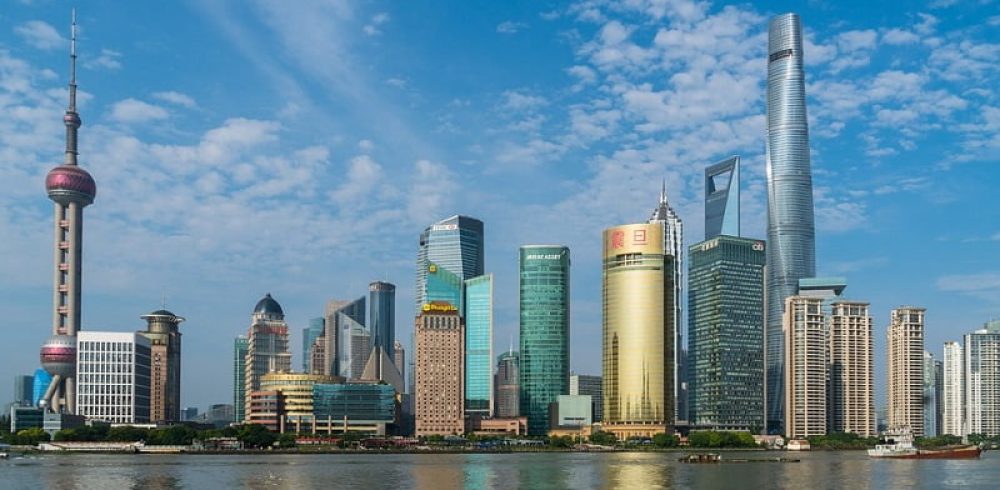Alibaba are appealing for tougher laws, stricter enforcement and stiffer penalties to crack down on manufacturers and retailers of counterfeit goods in China.
Itâs bizarre that China is one of the most prolific countries for counterfeiting in the world for everything from baby milk to luxury goods and cars, but Alibaba recognise that this is a major problem and they have to take action or buyers will never have full confidence in buying on their marketplace.
In Alibaba Groupâs view, progress against this illegal activity is negligible because the costs and risks of producing and selling counterfeits are too low. The only way out of this is to impose tougher criminal sanctions on every individual involved in the chain of operation. Only by doing this, can Chinaâs manufacturing industry return to the path of originality and innovation that ultimately leads to sustainable development.
Alibaba point out that in 2016 they identified 4,495 leads related to counterfeiting. Each involved a value of goods exceeding the statutory minimum of RMB 50,000 for criminal investigation. Of these, law-enforcement departments followed up 1,184 leads, which led to just 33 convictions, according to public information, representing a conviction rate of only 0.7%.
The extremely low conviction rate is the fundamental reason for the inefficiency in combating counterfeiting and protecting intellectual property and Alibaba say that only when counterfeiters get the punishment they deserve will the interests of consumers be properly protected.
For the 12 months ended August 2016, Alibaba took down 380 million product listings and shut down 180,000 Taobao stores and 675 operators as a result of its anti-counterfeiting action. However thatâs as far as they can go and Alibaba then rely on law enforcement to take action and fully shut the counterfeiters down.













